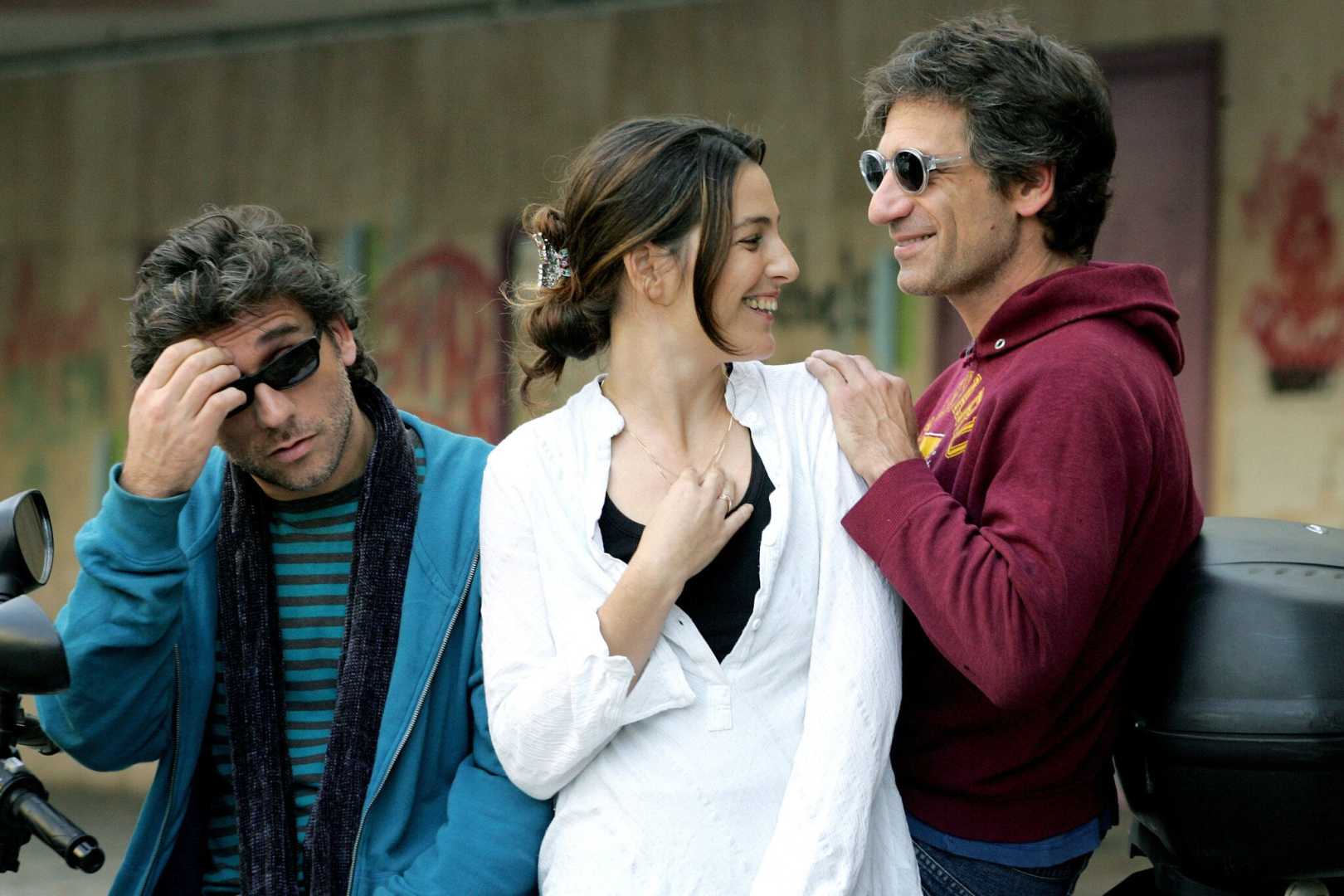Entertainment
Israeli Actor Alon Abutbul Dies Sudden at 60: A Tragic Loss

Haifa, Israel – Celebrated Israeli actor Alon Abutbul died on Tuesday after collapsing at Habonim Beach, south of Haifa. The 60-year-old was reportedly swimming at an unpatrolled beach when he emerged from the water and told onlookers he felt unwell. Witnesses quickly rushed to help him, but he collapsed shortly after. Paramedics from Magen David Adom were called to the scene and conducted CPR for over an hour but were ultimately unable to revive him.
Throughout his four-decade career, Abutbul became a well-known figure in Israeli cinema and television. He gained fame with his role as Georgie in the 1986 war film “Two Fingers from Sidon,” earning him a Best Actor award at the Jerusalem Film Festival. Not only did he make his mark in local productions, but he also appeared in several international films, including Steven Spielberg’s “Munich” and Christopher Nolan’s “The Dark Knight Rises.”
Born in 1965 in Kiryat Ata, a Haifa suburb, Abutbul trained at the Thelma Yellin High School of the Arts. His versatility allowed him to play a wide range of characters, from a poignant soldier to a menacing politician. Over the years, he won multiple accolades, including an Ophir Award for Best Supporting Actor in “Nina’s Tragedies.”
In addition to his film achievements, Abutbul was a familiar face on television, starring in series like “Sabbaths and Holidays,” which won him a Golden Screen Award. He also guest-starred in popular American shows such as “Law & Order” and “Homeland.”
Abutbul’s passion for acting shone through even later in his career when he participated in reality television, winning “My Kitchen Rules VIP.” He was known for his engagement with the audience, often saying, “Even when I act in America, I’m still speaking to you.”
He is survived by his partner, Shir Bilia, and their four children. Minister of Culture and Sports Miki Zohar expressed his sorrow, stating, “He brought depth and emotion to his roles, leaving a profound mark on Israeli culture.”












